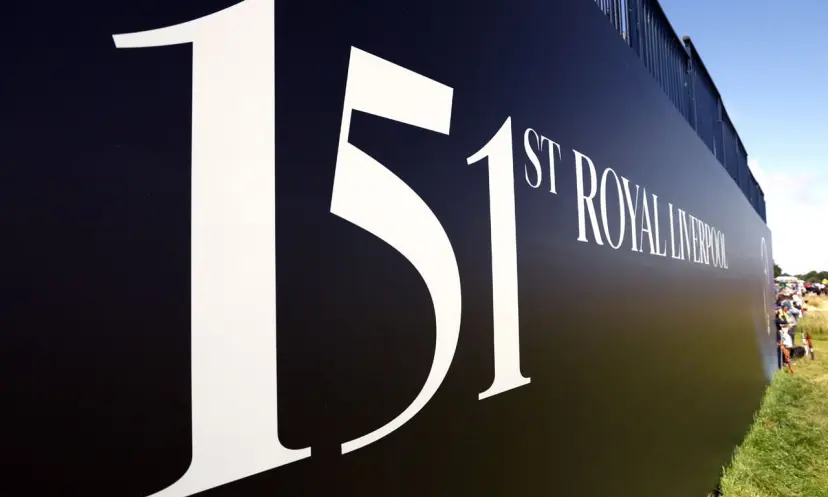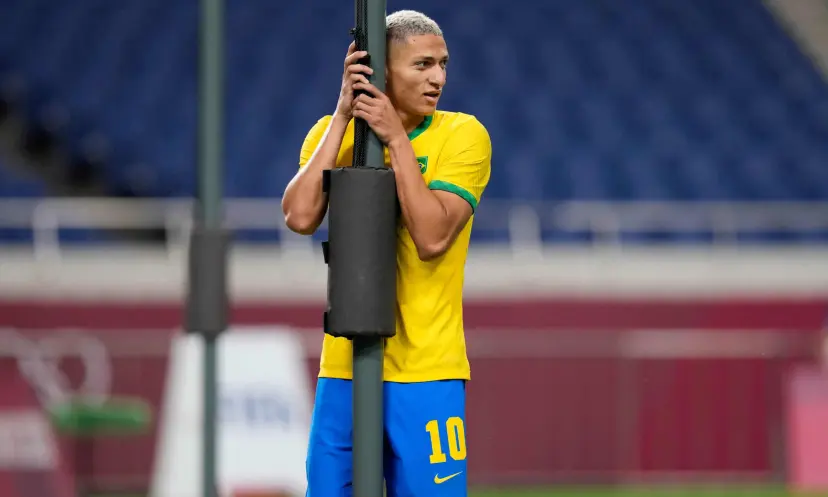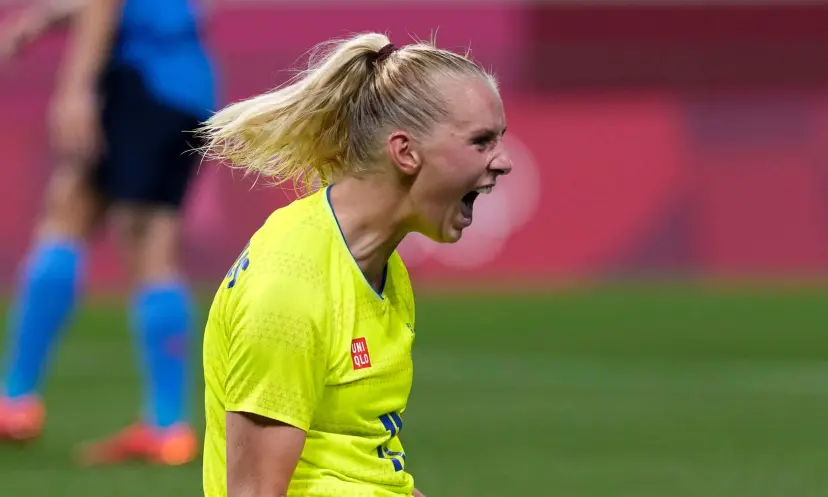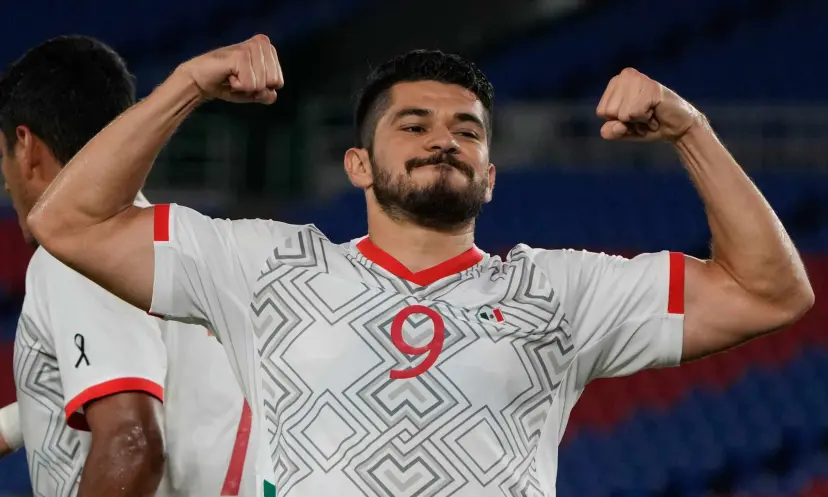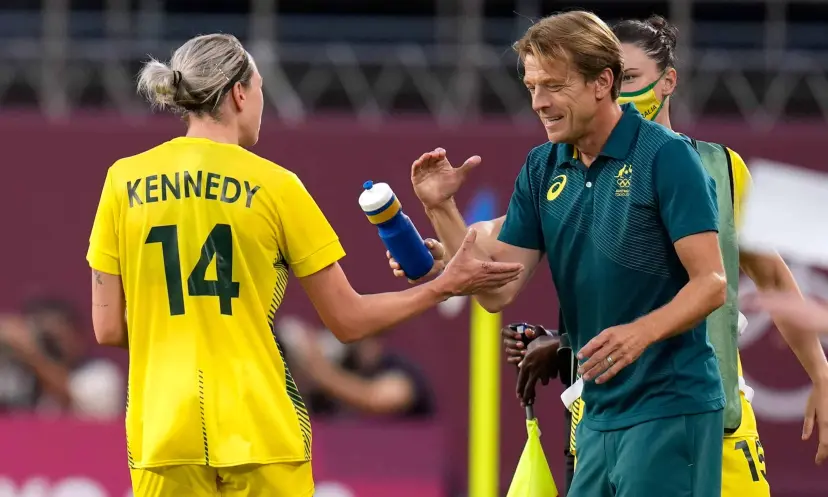Road to Rio: Your A-Z guide to this summer’s Olympics in Rio
Published: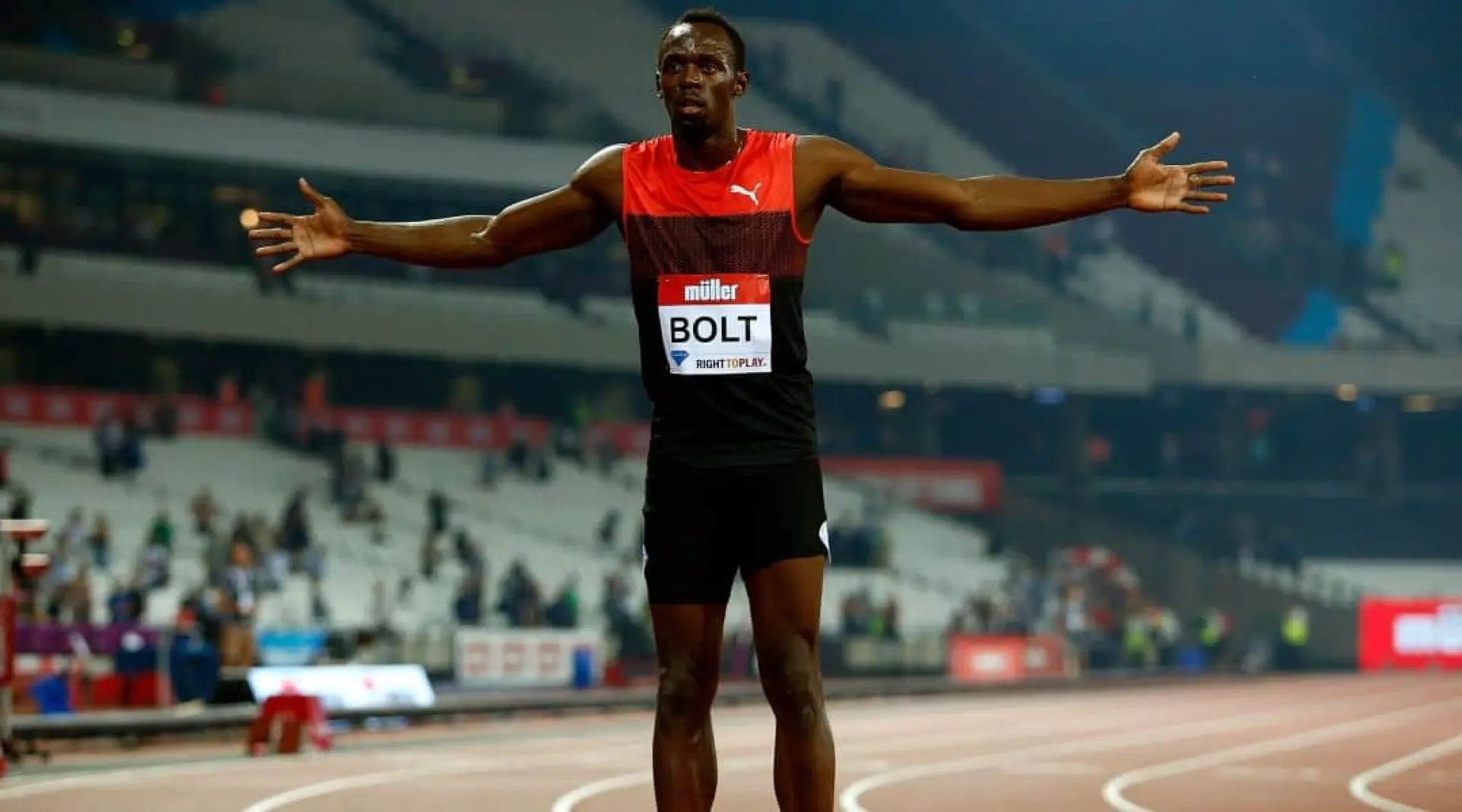
After much hype, hope, expectation, and the odd bit of concern, the Olympics are finally up and running in Rio. But as is always the case, every four years we could all use a little catch-up on what we need to know about the world’s biggest sporting event.
Just how nation countries take part? Who was Eric the Eel? And how did the modern games come to be anyhow?
But don’t fear, we’ve put together a handy one-stop guide to everything you need to know for the next few weeks.
Let’s start at the top, shall we?…
A is for Athletics. Arguably the bedrock of the summer showpiece, athletics have dominated the tournament since it’s first modern event in 1896.
B is for Bolt, Usain Bolt. The fastest man on the planet looks to land his third 100m Gold in Rio this month, and over the last eight years the Jamaican has become one of the Olympics’ most recognisable stars.
C is for Controversy. You can’t go far in an Olympics without one and 2016 is no different with plenty of furore over a certain nation.
D is for Decathlon. Perhaps the ultimate test of athleticism. You’ve got to run, you’ve got to throw and you’ve got to jump. From 10 gruelling events there is only ever one winner.
E is for Eric the Eel. We all know about Eddie the Eagle, but Equatorial Guinea’s Eric Moussambani exploits in the pool were equally as memorable at Sydney 2000. Search the name online and you’ll see what the Olympics is truly about.
F is for Fosbury Flop. Remember this for your pub quizzes as it’s the official name of the traditional high jump technique. Founded by American Dick Fosbury in 1965, it gained global prominence at the ’68 Olympics.
G is for Gold! At the core of every Olympian’s drive and determination is the dream and desire to be bestowed with an Olympic Gold medal. On the street each one is worth nearly £1,000, but of course to an Olympian, a Gold medal is priceless.
H is for Heptathlon. A favourite for Brits in Olympics gone by, both Denise Lewis and Jessica Ennis-Hill have won a nation’s heart with their endeavours in this seven-event challenge.
J is for Jesse Owens. The man who won 100m, 200m, 4x100m relay and the long jump at the infamous 1936 Olympics in Berlin, Owens’ achievements rang far beyond the sporting world.
I is for Legends. Every other competition can win you medals, only the Olympics can make you a legend.
K is for Kick. No, not that kind of kick, but the kick in the final stretch to see you home for Gold. Be it in the pool or on the track, if you haven’t got one, you ain’t getting that medal.
L is for Carl Lewis. Another Olympic legend, Lewis won a stunning nine Gold medals in four different events. Arguably his greatest achievement however is winning Gold at four different Olympics.
M is for Mobot. Middle distance runner Mo Farah stole the show at the 2012 event with his inventive celebration. Usain Bolt, along with much of the world, quickly followed suit.
N is for Nations. A staggering 206 nations will have at least one athlete in Rio this summer.
O is for Opening Ceremony. London’s Danny Boyle-directed ceremony will live long in the memory – remember when Her Majesty jumped out of a helicopter? – so Rio has a lot to live up too.
P is for Pommel horse. With 18 Golds to be won, Gymnastics is the joint-third biggest sport at the Olympics, and Britain’s very own Louis Smith is aiming to tame the beast this summer
Q is for Quadrennial. As we all know, the Olympics comes around every four years – a quadrennial period.
R is for Running. Perhaps the very core of the Games. When it comes down to it, people love to run either fast or far – or both – and every four years we love to see who does it quickest of all.
S is for Shropshire. The country home of Much Wenlock, whose summer Games proved the inspiration for Modern founder Pierre de Coubertin in the late 19th century. Wenlock would of course go on to be a Mascot in London four years ago.
T is for Taekwondo. One of those sports you only ever tune into every four years, Taekwondo became an Olympic sport in Sydney 2000.
U is for Up all night. Olympic supporters in the UK and in Europe will be turning somewhat nocturnal over the next couple of weeks due to the time difference. You can get good practice in with the Opening Ceremony which will run until 4am UK time.
V is for Village. Brazil has built 31 brand new buildings to house athletes and staff, whose numbers will swell to 18,000 in the middle of the tournament.
W is World Records. Nothing can beat watching a World Record get smashed in an Olympic final. The biggest moments on the biggest stage. Spine tingling.
X is for XXXI Olympiad. Officially this summer’s event is known as Games of the XXXI Olympiad.
Y is for Youth Arena. One of the many venues built especially for the Olympics. The Youth Arena will host the modern pentathlon fencing matches plus women’s basketball.
Z is for Zola Budd. Instigator or victim (everyone has a different view) of the infamous 3000m clash with American world champion Mary Decker in 1984. Decker crashed out, and in front of a patriotic LA crowd, Brit runner Budd quickly became the baddie.
Ladbrokes is not an official sponsor of the Olympics and is in no way affiliated with any of the competing athletes, events or competitions being held in Rio de Janeiro this summer.
